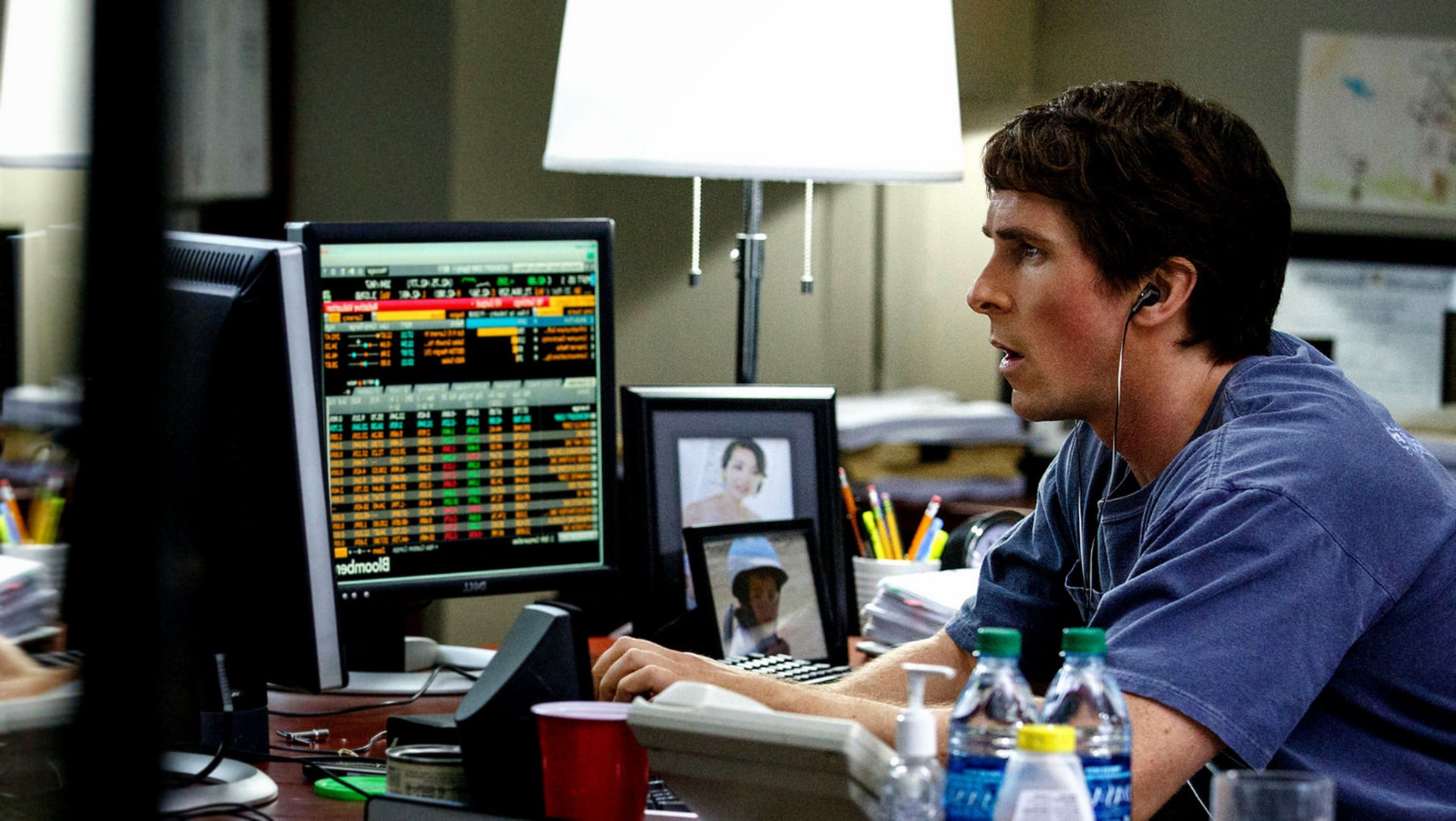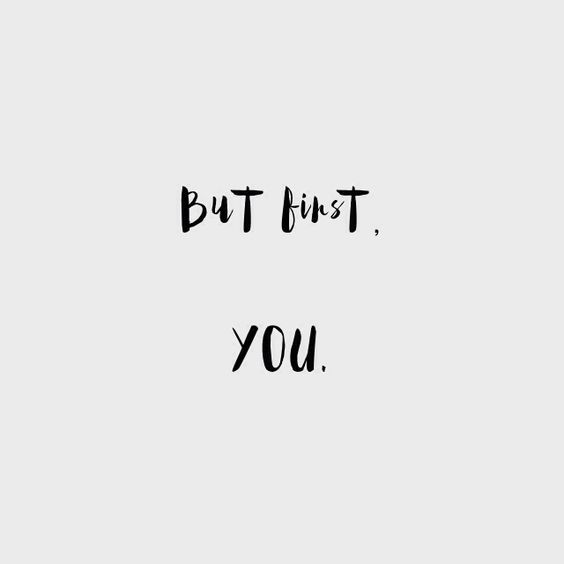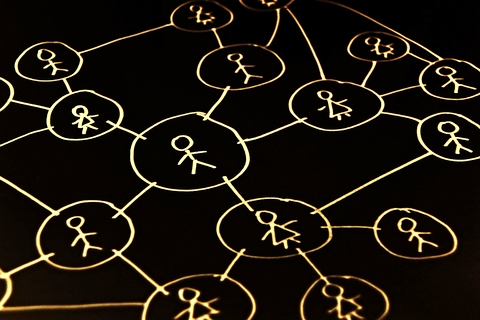It was the summer of 2007 and I was reading a copy of the Financial Times. My interest was combined with apprehension and expectancy.
Interest in the reactions of the world’s financial leaders; apprehension about what was to be the start of one of the biggest ever economic and financial crises; expectancy with regard to the major players in the western world: how would they announce what was going on? Which signals, which strategies (as much in relation to business as communications) would be implemented by governments, the financial world and the press to counter the imminent impact and consequent media, economic and financial carnage?
I didn’t know it at the time, but I was reading the first chapters of a disaster that had been on the cards for some time.
Ben Bernanke, the then chairman of the Federal Reserve, the US central bank, confirmed that the subprime mortgage crisis would be contained. Bush was giving out confused signals and the world was witnessing a gargantuan but clumsy effort to save the American financial system from collapse.
Europe looked on with growing apprehension. Not long after, its own economy would find itself in the middle of one of the worst recessions since 1930, with GDP forecasts of minus 4% in two years, the sharpest contraction in the history of the European Union.
“In the UK, the Northern Rock bank was forced to apply to the Bank of England for an emergency loan and ended up being nationalised to protect its solvency (and the deposits of its customers). Those panicking customers queuing up outside branches of the bank hoping to withdraw their savings became one of the lasting images associated with the financial crisis in Europe.
September 15, 2008, the day the 150-year-old Lehman Brothers declared bankruptcy. (CNBC)
In America, in the summer of 2008, the investment bank Lehman Brothers went into receivership (Chapter 11) after 150 years of business and following the credit crunch caused by the largest mortgage bubble in the history of the world economy. The mortgage institutions Fannie Mae and Freddie Mac, and the insurance company AIG, were saved by the government the week before, with tens of billions of public dollars.
Collapsing share prices, bankruptcies, mergers and restructurings caused the loss of millions of jobs, and a severe loss of confidence in the system, triggering a fundamental change in the banking sector. They also highlighted serious errors, shortcomings and gaps in the Western world’s information and communication system, which had failed.” (source: Laura Prina Cerai, Senior Investment Advisor, Altrafin AG).
The pre-Brexit beating European financial heart.
Throughout all this, during the summer leading up to the credit crunch, I accepted a role in the financial sector in London, taking the opportunity to learn all about the developing dynamics from the then beating European financial heart. This experience lasted over four years and was extremely instructive, strong and positive from many points of view.
Much can be said about those years in relation to governments, banks, the financial sector, the general public and the world of journalism.
A lot can also be said about the failure of the communication models of the time and the political and business dynamics still in place today.
Psychology and thought-leadership.
(Credits: frames from the film “The big short”)
Strategic communication is vital for industry and governments. It has to aim to convey not only their goals, intentions and strategies to stakeholders and society, but also to educate the general public. Acting as unbiased thought-leaders to the extent possible on certain topics and movements and working to reduce false information, fake news, speculation: governments and industry have a moral duty to provide context and clarity. By working together and keeping communication channels open with the media and with influencers, creating information channels of mutual trust.
The financial crisis didn’t just have disastrous economic consequences, it also negatively impacted the public's faith in the financial world, tarnishing its reputation, and in the media.
(Credits: frames from the film “The big short”)
Many critics at the time wondered whether financial journalists had done enough to dig down to the roots of the impending crisis beforehand, and at the same time, whether they had perhaps contributed to increasing public mistrust and anger. What went wrong?
Recently, in an interview given on the 10th anniversary of the peak of the crisis, Bill Emmott, editor of The Economist from 1993 to 2006, confirmed in a subsequent interview with the panel "Follow the money: how the crash of 2008 changed journalism worldwide”:
“The press had given alarm signals, but those signals were drowned by the media, which had increasingly turned into cheerleaders of the boom. In other words, they had strongly believed, as former IMF chief economist Ken Rogoff commented, "This time it will be different", deluding himself. And, unfortunately, the press is always part of this process. So I think the press was partly but not solely responsible for the crisis. It was part of the atmosphere of the times.” (ref. Journalism Festival)
The ability that was most tragically and dramatically lacking during the 2008 crisis was the ability to communicate - specifically, communicate the nature of the problem, what was at stake in terms of risks, and so why, in America alone, it was necessary to spend $700 billion of taxpayers' money to solve the problem.
Franklin D. Roosevelt
Franklin Roosevelt, among few others, had been a genius of public psychology. He knew when and how to use the presidential media. His first 100 days of government were dotted with the release of timely updates to his exultant public, explanations of what he was doing and why, in clear, simple and collaborative terms. Do today's historians still debate the importance of Roosevelt, a saint, a skilled communicator or a manipulator? A combination of all this? The impact of the man that history remembers as a " Great Communicator " still has effects on America today.
And today?
The lack of strategic communication experts, and the often little understood need to create clear, open and trustworthy communication channels between the public, stakeholders, experts and the media, seems to be increasingly evident as one of the causes of the current crises in governments and industry.
From lack of trust to fake news to populism.
How else can we explain why, after the pro Brexit vote, the two most popular questions on Google UK were "What is Brexit" and "What is the EU"? How can we explain the failure of a "European Union" that passes through culture, passports, and the joining of forces? How can we explain informative speculation, the success of certain populist campaigns and fake news? The damage to the reputation of certain companies and the image of entire sectors?
How can current information and communication models be adapted to meet the growing needs of a public - citizens, professionals, politicians and academia - that has access to ever increasing amounts of information and of stimuli but little light, clarity and perspective on many issues?
Genuine EQ and AQ for increased agile awareness.
In the light of digital transformation, the communication models that will be more easily adaptable and implemented on a large scale will be based on social skills and emotional intelligence. We will be increasingly open to what experts call "AQ", adaptability quotient, which will allow us to understand scenarios and dynamics, and will make the most successful leaders masters of communication and relations, allowing them to better understand the public, engaging its involvement and, in some cases, even complicity.
In this context, stability will increasingly lose importance, being replaced by leverage on agility. Today's business world requires communication models that are increasingly shifting from a top-down approach to one which fluctuates between top-to-bottom and bottom-to-top. Motivated, talented, highly communicative, high EQ and AQ individuals in key positions in companies are now essential to the new face of business.
Modern businesses are increasingly globalised and they drive change through different platforms. This is a key aspect from various points of view, not least that of reputation management, a factor largely neglected by the major financial and governmental players during the last financial crisis.
It will no longer be possible to implement global and efficient communication systems using conventional communication methods, and they will require careful planning.
Reputation management is an essential part of business. Everything a company says, does, or neglects to do contributes to its reputation and brand equity. We must always remember that an essential component is listening and that communication is not a one-way process, but a multi-directional one, remembering that listening to all stakeholders, including the media, is key to all-round strategic communication, from branding to reputational impact.
After all, as the famous executive consultant and author Peter Drucker says, the most important thing in communication is hearing what isn’t said.
Manuela Andaloro
(info@smartbizhub.com)
(As published in Focus ON’s cover story, article by Manuela Andaloro for Focus ON, 29th October 2018, download article in Italian here)
















